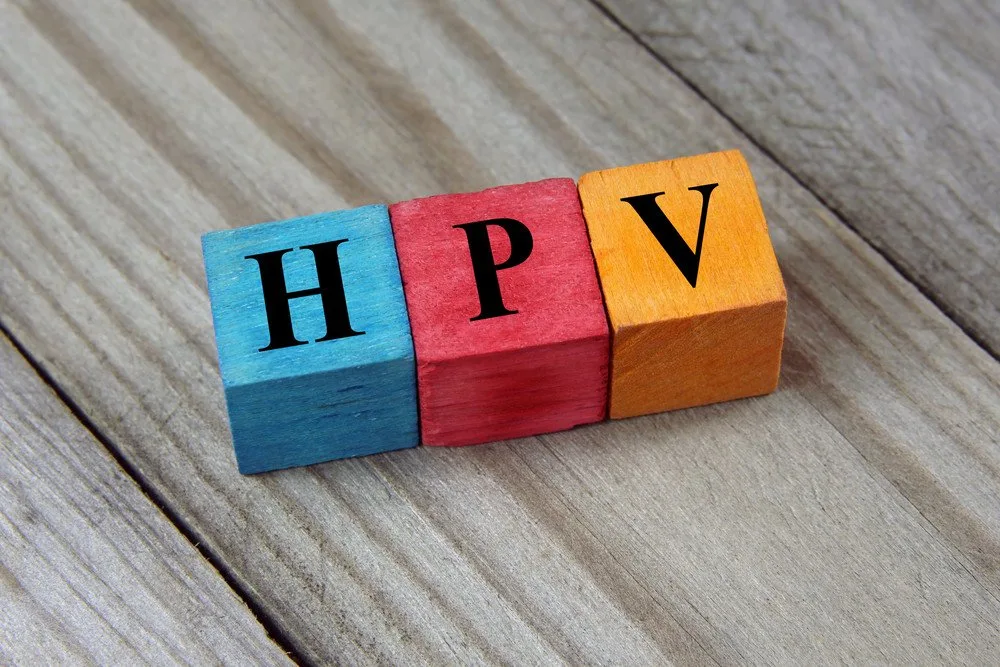HPV – three letters that have a significant meaning. You may have heard about the HPV virus, but very few are aware of its implications and how it can be prevented. Genital human papillomavirus (HPV) is one of the most common sexually transmitted diseases, with statistics showing that most sexually active people will contract the virus at some point in their lives, but many may not even know they have it.
As this month is Men’s Health Month, we’re shedding light on the HPV virus and why being vaccinated, particularly as a preteen or young male, is so important.
What is HPV?
HPV is an extremely common STI, mostly found in 15 – 59-year-old men and women. While the virus itself is not life-threatening and there are not always visible symptoms, it can develop into other health issues, most commonly genital warts in men, and sometimes even penile and anal cancer.
It is recommended that men get vaccinated as early as 11 or 12 years old, or before they start becoming sexually active, as once they become sexually active, chances are you will be exposed to the virus.
Not to be confused with HIV or HSV (genital herpes), the HPV virus is transmitted via genital contact, and there is a risk of the spread even while wearing condoms.
There is often dwindling demand for the HPV virus amongst males and this is probably due to little discussion about the virus, and how it affects both men and women. This is why we need to use the platform of June being Men’s Health Month to shed light on the disease and why getting vaccinated is so important.
How do men get HPV?
As mentioned previously, the virus is most commonly spread during anal and or vaginal sex, as well as through close skin-to-skin touching of the genital areas during sex. The virus can be dormant in your system for years, with symptoms only showing years later, so it is hard to pinpoint when you first developed the infection.
That is why it is essential to note that having HPV does not necessarily mean that your partner has been unfaithful to you.
What are the symptoms of HPV?
Most men who have HPV may never show any symptoms, and the infection will leave their bodies without them even knowing they have contracted HPV, however, there are potential symptoms to look out for. These include:
- Warts
- Unusual growths
- Lumps
- Sores
We recommend seeking advice from a medical professional if you notice any of the above on your penis, anus, scrotum, mouth, or throat.
What is a genital wart?
Genital warts can manifest as one or a group of small bumps in your genital area. They can be small or large, raised, or flat, or may even look like a cauliflower.
ruigsantos/shutterstock
Warts can either go away, stay the same, grow in number or size, and could potentially come back after treatment. It is important to note that the HPV type, that causes warts, does not cause cancer.
Can HPV cause cancer in men?
While it is not as common for men to develop cancer from HPV, it can still happen and should not be taken lightly. Cancer can develop when HPV has not gone away. Types of cancer that can develop in men include:
- Penile or anal cancer
- Oropharyngeal cancer (cancer of the back of the throat, including the base of the tongue and tonsils)
Men at higher risk of developing cancer include:
- Those with a weak immune system
- Those who partake in anal sex
HPV testing in men
There are currently no routine tests or screenings that are recommended to find out if you have HPV, particularly if you have no symptoms. However, there are anal Pap tests available to men who may be at a higher risk for anal cancer.
Treatment for HPV
There are also no specific treatments for the HPV infection itself, rather your healthcare provider will individually treat any symptoms that you may have.
To lower your chances of contracting HPV and therefore any secondary diseases from HPV, vaccination is highly recommended. The vaccine has proven to be safe and effective.
At any age, having a new sex partner is a risk factor for getting a new HPV infection, however, people who are already in a long-term, mutually monogamous relationship are not likely to get a new HPV infection.
The infection is usually temporary and there is no way to know how long you have had it, whether your current partner gave it to you, or if you gave it to your partner.
Want to know more?
While there have been advancements in the fight against HIV, the risk of gay and bisexual men, as well as other men who have sex with men, contracting HIV seems to be particularly high. This group is 27 times more likely to acquire HIV than the general population. That said, the use of PrEP can help to curb rising infection rates.
MAIN IMAGE CREDIT: chrupka/shutterstock
Who is the author?
Lizeth Kruger
Lizeth Kruger is the clinic executive of Dis-Chem Pharmacies, the second-largest retail pharmacy chain in South Africa.



